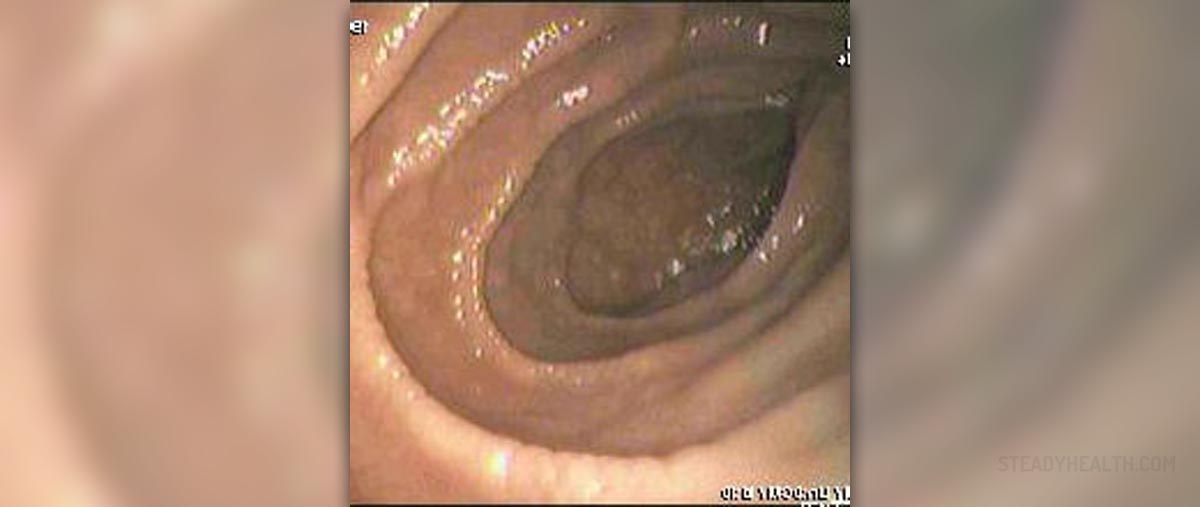
Celiac disease
Celiac disease is a medical term for the condition marked by the damage of the small intestine caused by a diet that contains gluten. This condition is inherited and autoimmune. Celiac disease is also well known under the two other names, celiac sprue and gluten-sensitive enteropathy. Gluten is a protein that can be found in wheat, rye and barley and is responsible for the occurrence of this disorder. There are people who got this condition due to consuming oats.
Symptoms and causes of Celiac disease
Celiac disease has many symptoms that can vary from person to person. These symptoms may occur in the gastrointestinal tract, but also in other systems of the body. The most common symptoms of celiac disease are bloating, abdominal pain, chronic diarrhea and stools that are discolored and fatty. Furthermore, the people who suffer from this condition may experience anemia, the loss of body weight, fatigue and bone pain. In children, the most frequent symptoms of this condition are failure to thrive and delayed growth. Since celiac disease leads to the disappearing of villi in the small intestine, malnutrition often occurs because the nutrients could not be absorbed from the food without villi.
Celiac disease is an autoimmune disease that tends to run in families. Since, it is an autoimmune disorder, it can be easily induced by a strong emotional stress and any kind of physical stress, such as surgery, viral infection and childbirth.
Treatment of Celiac disease
This condition is in many cases misdiagnosed for some other intestinal disorder. However, when it is diagnosed, the best treatment is to avoid foods that contain gluten. The people who suffer from celiac disease have to consume a gluten-free diet for the rest of their lives. Otherwise, the intestines may be damaged.
It is very important always to read labels on the food products, because nowadays many foods contain gluten. Furthermore, there are also medicines and vitamins and even in stamps and envelope adhesive. Furthermore, alcohol should not be consumed and a diet rich in fatty acids and fiber should be followed. Ibuprofen and Naproxen are two non-steroidal anti-inflammatory drugs that are very effective in treating celiac disease. Moreover, a probiotic supplement that contains Lactobacillus GG or Bacillus coagulens is also highly recommended. In order to maintain a proper intestinal function, many doctors recommend glutamine supplement, which is proven to be very effective for those who suffer from the intestinal injury caused by radiation and chemotherapy.










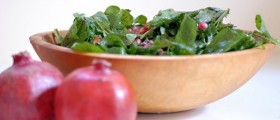

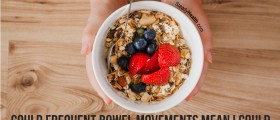
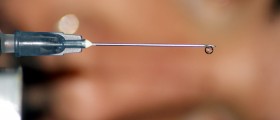

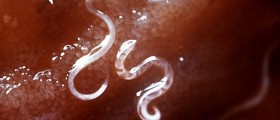
Your thoughts on this
Loading...